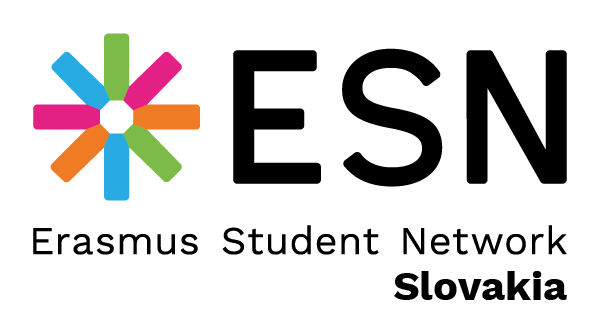PRIME, Problems of Recognition In Making Erasmus is a research project. It is supported by the European Commission under an Erasmus Accompanying Measures grant within the Lifelong Learning Programme. It is a complex qualitative and quantitative study which aims at pointing out the examples of existing obstacles to student mobility and providing suggestions for improvements in order to facilitate student exchange in Europe. PRIME project was launched in 2009. Currently, ESN is leading a second edition of the study.

PRIME 2009 research identified five main obstacles for full recognition:
- individual problems of students(such as unfinished courses or unsatisfactory grades);
- incompatibility of study programmes;
- problems with calculation of course credits,
- organisational issues and problems to recognize certain courses - especially language courses or mandatory courses at home institution.
- It was suggested that further investigations in the problems of course recognition on the base of acquired knowledge is necessary. Therefore this year ESN has decided to carry out a follow up of PRIME research.
PRIME 2010 foreseed a three-level research among National Agencies, Higher Education Institutions and students to obtain a precise overview and to identify problem sources, best practices and success stories. Research period lasted from February until end of April and during that time 9 000 students, 500 Higher Education Institutions and 16 National Agencies were surveyed.
Aims of study
The PRIME project has several objectives, all of them leading to improving the quality of study abroad experience for Erasmus students and thus promoting and increasing the learning mobility. Its aim is to draw attention of the stakeholders and parties involved in the process of recognition to ever-lasting problems and obstacles students face and to provide them with good practices and possible solutions.
The aim of the present study is to investigate work of National Agencies and practices at different universities and faculties throughout Europe regarding: information provision about Erasmus exchange, course credit calculation, negotiation and signing of the Learning Agreement, its validity, recognition of courses, system of grade transfers and division and portability of Erasmus grants.
Subsequently, PRIME 2010 aims at mapping and monitoring best practices both from the side of universities and students on how to deal with the recognition problems and at disseminating them all around Europe.
Dissemination of results
In order to present the results of the study to relevant stakeholders, students and general public, a broad dissemination strategy will be implemented. Between end of May and beginning of November national and local dissemination conferences will take place in twelve European countries. Their aim is to present the results of the PRIME research, with the focus on the national and local realities, as well as to discuss the possible solutions with the stakeholders and policy makers.
In August, a final PRIME 2010 report will be published. The report will include a detailed analysis of the data collected from National Agencies, Higher Education Institutions and students, describing the recognition procedure, current trends and obstacles, weak points and good examples and offering recommendations. It will be disseminated to Higher Education Institutions, National Agencies, associations working in the field of mobility and to the European Commission. Its electronic version will be available online for a broad public.
Moreover, in order to raise the awareness of recognition issues among students, a guidebook with a video guide will be produced. It will be a short, yet comprehensive booklet with the most relevant information on recognition process and students' rights and responsibilities for exchange students. It will be distributed to prospective Erasmus students through International Relations Offices and available on project website in September.
In October 2011, the final dissemination conference will be organised in Brussels to present and discuss the results of the project and the guides for students to the European Commission, associations active in the field of international higher education and to the general public. It will gather over 100 participants and media.
For more information contact our National Prime Coordinator to prime@esn.sk or visit official website: http://prime.esn.org/

Follow us